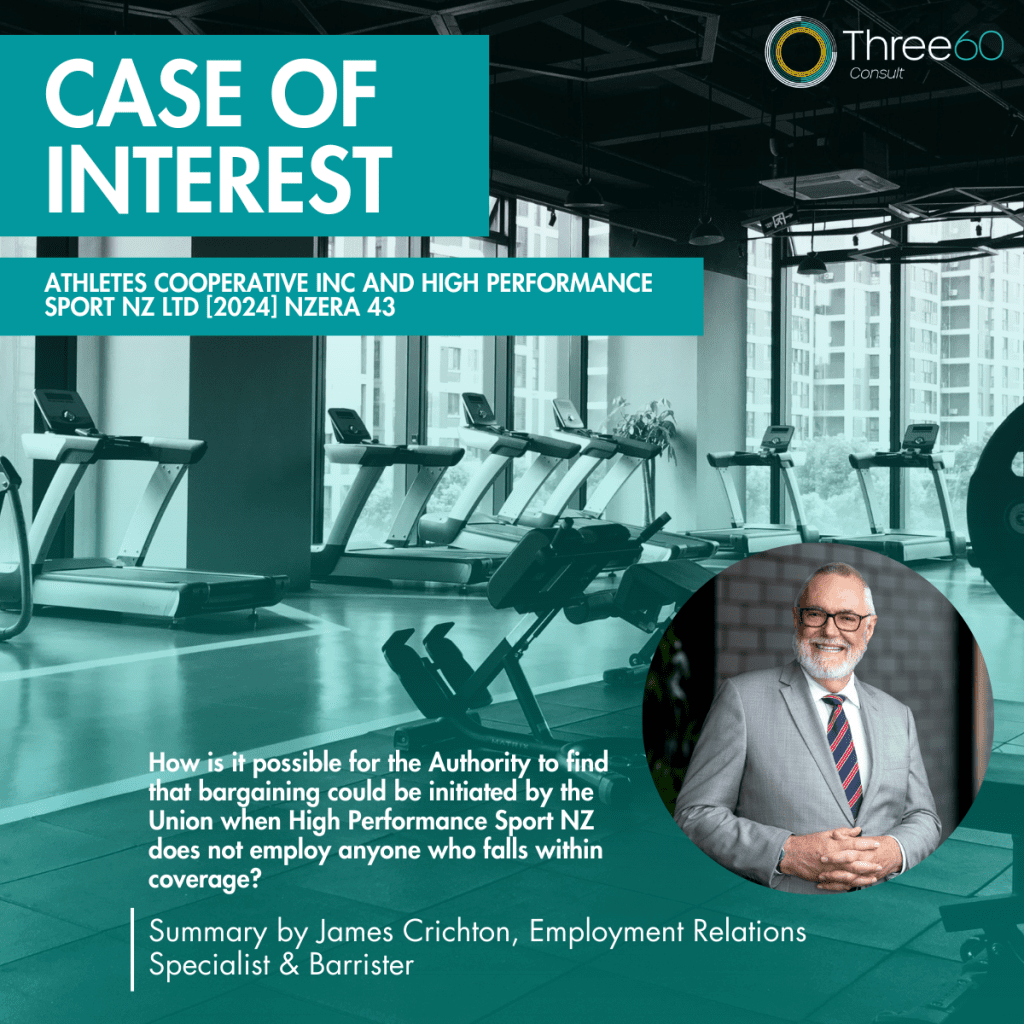An action taken by an Employer which has derived solely from a disputed interpretation of an employment agreement cannot be pursued as a personal grievance.
Breen and Prime Resources [2023] NZEmpC 199 has distinguished the difference between a personal grievance (s103) and a dispute (s129) and identifies that there is no jurisdiction to investigate a claim for a personal grievance when the claim itself falls solely within the scope of the dispute procedure.
Background Facts
The dispute between the parties started when Prime Resources expressly believed that the Employee had not been working full time during lockdown. Relying on a clause in the employment agreement around deductions for hours not worked, Prime Resources sought confirmation from the Employee to deduct from their full pay. The Employee objected to this reduction.
The parties attended mediation, where it was agreed that Prime Resources would make a late payment to the Employee for the full pay for the period in question, however notwithstanding that, following the mediation the Employee raised a personal grievance for being unjustifiably disadvantaged by the late payments.
While the Authority found that the company had unjustifiably disadvantaged the Employee with one deduction (but not the other) and made an award, the Employee was dissatisfied with the quantum of the award and challenged part of the result. Prime Resources responded by challenging the entire decision, on the basis that there was no jurisdiction.
Why did the Court find a PG was the incorrect forum for this issue?
The Chief Judge of the Employment Court states in this judgement that there is a clear intention in the Employment Relations Act 2000 (ERA2000) to draw a distinction between personal grievances, such as unjustified dismissals and unjustified disadvantages, and disputes. This is seen by how the ERA2000 is written and structured.
Personal Grievances are available, so parties have the option to receive compensatory awards, and s103 of the ERA2000 explicitly states that an unjustifiable action by the Employer does not include any action (disputed or undisputed) depriving solely from the interpretation, application or operation of any provision of any employment agreement.
On the other hand, s129 of the ERA2000 states that a dispute exists where there is a dispute about the interpretation, application, or operation of any employment agreement, and any person bound by the agreement or any party to the agreement may pursue that dispute in accordance with Part 10.
The dispute procedures are usually used in cases where parties seek declaratory relief (i.e. a statement from the Court), which can be used to commence further proceedings such as a breach of contract claim, a compliance order application, and/or a penalty action.
As the company’s actions were found to be based on a genuine interpretation of the employment agreement clause, the Employee’s claim related to an action deriving from an interpretation of an employment agreement and this meant the dispute procedure applied.
The personal grievance and the previous Authority decision therefore had to be set aside.
What are the implications of this?
Christina Inglis, Chief Judge, made a reasonable observation that arguably every unjustified disadvantage claim engages issues about interpretation, application and operation of employment.
It is reasonable for people to be asking – does this mean the process for raising PGs has changed?
The short answer is no. This outcome will not mean that people have to change how they craft their claim (i.e. picking between a PG or a dispute) – and it is unlikely that we will see employees and their advocates do this!
Rather the case puts people on notice that they need to carefully review the facts of the case.
If there are mixed facts, involving both interpretation etc of an employment agreement together with other ancillary factors like perhaps the behaviour of the employer around the issue, then a disadvantage grievance may be appropriate.
But if the argument between the parties is solely concerned with the interpretation, application or operation of any employment agreement, then the dispute is the proper resolution path. And the result of this is that if the matter goes to the Authority as a personal grievance, then there will likely be an unsatisfactory outcome.








